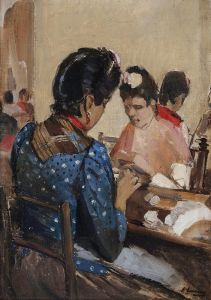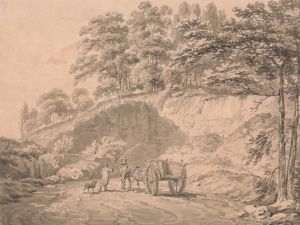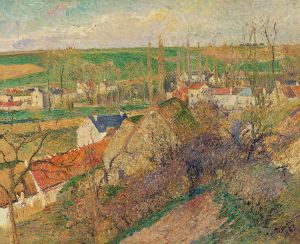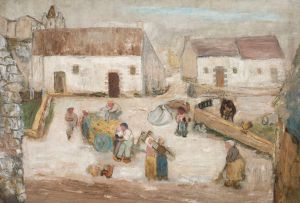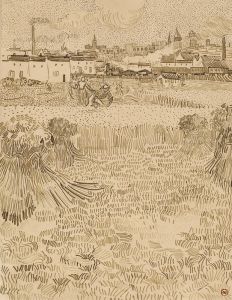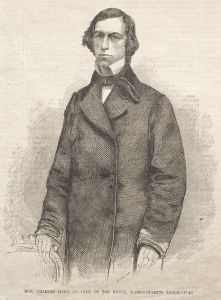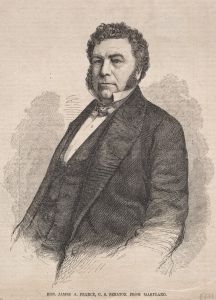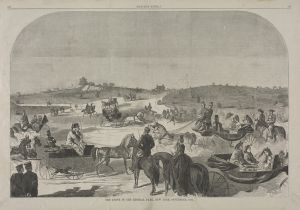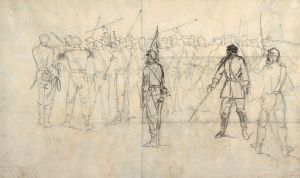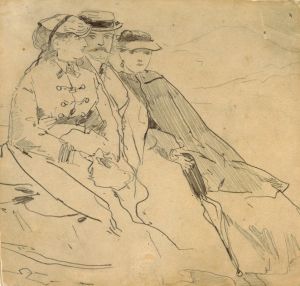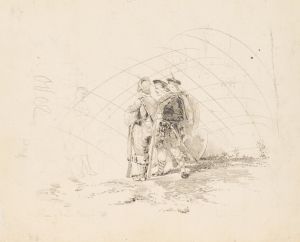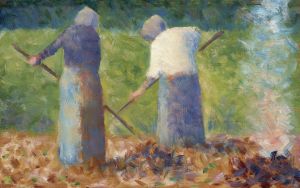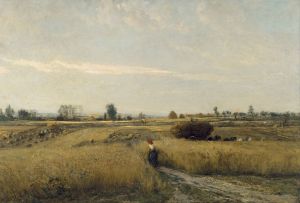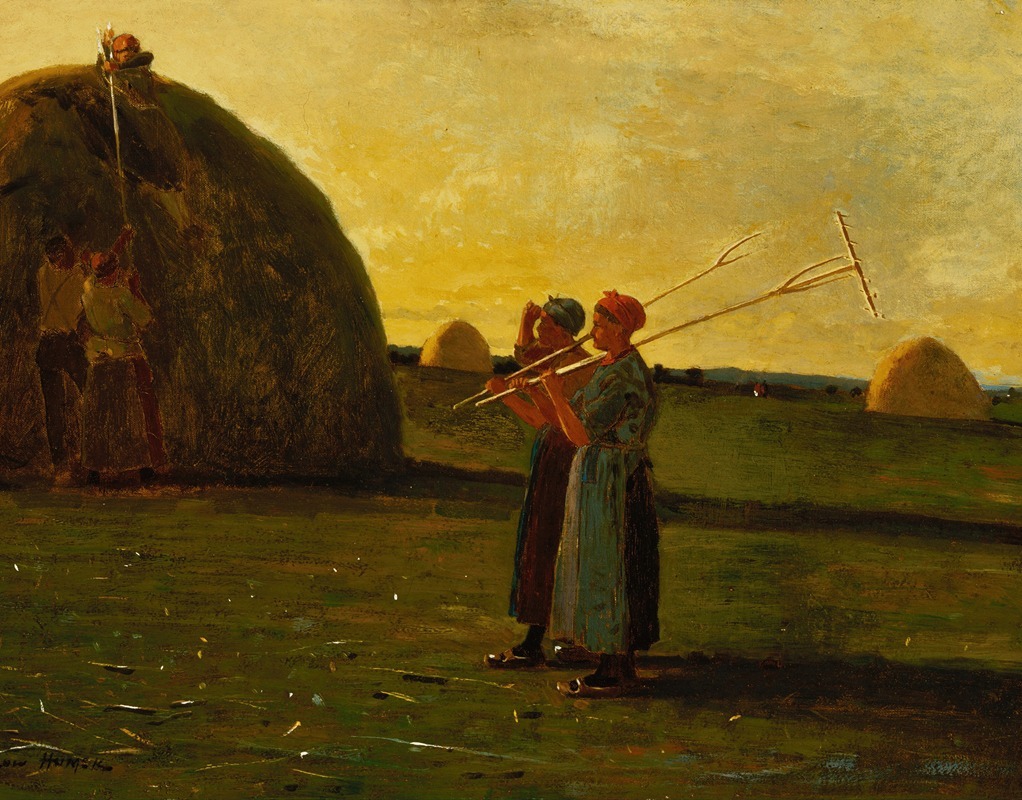
Haymakers
A hand-painted replica of Winslow Homer’s masterpiece Haymakers, meticulously crafted by professional artists to capture the true essence of the original. Each piece is created with museum-quality canvas and rare mineral pigments, carefully painted by experienced artists with delicate brushstrokes and rich, layered colors to perfectly recreate the texture of the original artwork. Unlike machine-printed reproductions, this hand-painted version brings the painting to life, infused with the artist’s emotions and skill in every stroke. Whether for personal collection or home decoration, it instantly elevates the artistic atmosphere of any space.
"Haymakers" is a watercolor painting created by the American artist Winslow Homer in 1864. Homer, known for his realistic and often poignant depictions of American life, was a prominent figure in 19th-century American art. His works often captured scenes of rural and coastal life, reflecting the simplicity and beauty of everyday activities.
"Haymakers" depicts a rural scene of farm workers engaged in the labor-intensive process of making hay. The painting is notable for its detailed and realistic portrayal of the figures and the landscape. Homer’s use of watercolor in this piece demonstrates his skill in capturing the nuances of light and shadow, as well as the textures of the natural environment.
The painting shows several figures working together in a field, using traditional tools to cut and gather hay. The composition of the painting is carefully balanced, with the figures arranged in a way that leads the viewer’s eye through the scene. The colors are vibrant yet natural, reflecting the warm tones of a summer day.
Homer’s choice of subject matter in "Haymakers" reflects his interest in the lives of ordinary people and the rhythms of rural life. During the 19th century, haymaking was a crucial activity for farmers, as it provided fodder for livestock during the winter months. By depicting this scene, Homer not only captures a moment in time but also highlights the importance of agricultural labor in sustaining communities.
The painting is also significant for its historical context. Created during the American Civil War, "Haymakers" offers a glimpse into the lives of those who were not directly involved in the conflict but whose daily lives were nonetheless affected by it. The peaceful, pastoral scene contrasts with the turmoil of the war, perhaps suggesting a longing for stability and normalcy.
Winslow Homer’s work, including "Haymakers," is celebrated for its technical excellence and its ability to convey the essence of American life. His watercolors, in particular, are praised for their fluidity and the way they capture the transient effects of light and atmosphere. "Haymakers" is a fine example of Homer’s mastery of the medium and his keen observational skills.
Today, "Haymakers" is part of the collection at the Museum of Fine Arts in Boston, Massachusetts. It continues to be admired for its artistic merit and its evocative portrayal of a bygone era. The painting remains an important piece in the study of American art history and Winslow Homer’s oeuvre, offering insights into the artist’s techniques and thematic interests.
In summary, "Haymakers" by Winslow Homer is a watercolor painting that captures a rural scene of farm workers making hay. Created in 1864, it reflects Homer’s interest in everyday life and his skill in using watercolor to depict light, shadow, and texture. The painting is historically significant and continues to be appreciated for its artistic qualities and its depiction of 19th-century American rural life.





